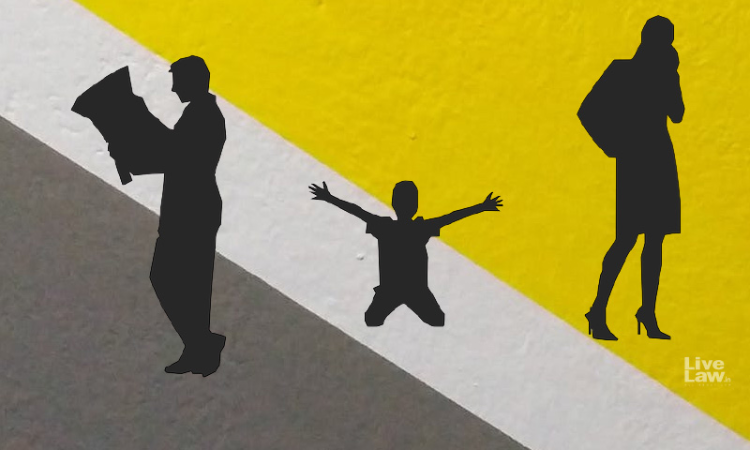Delhi High Court Upholds Right Of Putative Father To Visit Minor Child
Nupur Thapliyal
25 March 2022 1:19 PM IST

Next Story
25 March 2022 1:19 PM IST
The Delhi High Court has observed that a putative father is entitled to visitation rights and that a minor child must not be insulated from parental touch and influence of other parent for his personal growth and development."It cannot be disputed that the respondent, being a putative father shall be entitled to visitation rights. While determining and granting such rights, more so when the...
